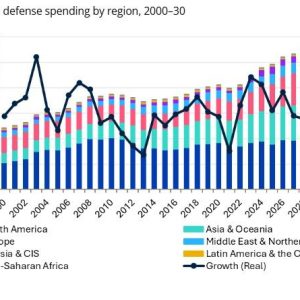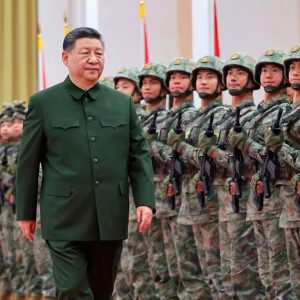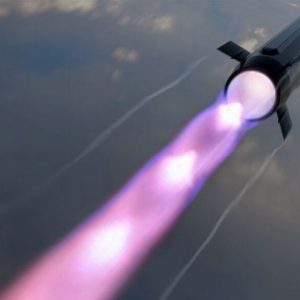The United States has initiated the procurement process for the ambitious ‘Golden Dome’ missile defence project, a programme set to reshape homeland defence against ballistic, hypersonic, and cruise missile threats. With a proposed budget of $151 billion over the next decade, the initiative, officially named the Scalable Homeland Innovative Enterprise Layered Defense (SHIELD), is positioned to become one of the largest missile defense undertakings in US history.

Ambitious Timeline and Funding Concerns
President Donald Trump has pledged to have the system operational within three years, modelling it on Israel’s Iron Dome architecture. However, independent analysts have cast doubt on both the budget and the timeline. The Congressional Budget Office (CBO) estimates the system could ultimately cost as much as $542 billion over two decades, far exceeding the administration’s $175 billion long-term promise and its current $25 billion initial allocation.
Defence Industry Eyes Multi-Billion-Dollar Contracts
The US Missile Defense Agency announced it would soon invite proposals for a “multi-domain defence system” capable of countering threats in all flight phases. The scope of procurement spans research and development, cybersecurity, weapons design, and large-scale assembly — creating a lucrative opportunity for defence tech start-ups and major contractors alike.
Industry heavyweights such as Northrop Grumman, RTX, Lockheed Martin, L3Harris, and consulting firm Booz Allen Hamilton are already lining up for contracts. Booz Allen CEO Horacio Rozanski confirmed that the company expects to play “a variety of roles” in the programme. L3Harris announced expanded manufacturing capacity in anticipation of SHIELD requirements, signalling industry-wide mobilisation for the project.
SpaceX’s Potential Role Amid Political Frictions
SpaceX, led by Elon Musk, is also expected to benefit given its dominance in satellite launches critical to missile defence operations. Despite public tensions between Musk and Trump, the president recently stated his administration wants Musk’s companies to “thrive,” quelling concerns about excluding SpaceX from future contracts.
Strategic Implications
The Golden Dome project signals a dramatic shift in US homeland missile defence posture, introducing a multi-layered shield designed to counter emerging high-speed missile threats. If successfully developed and deployed, SHIELD could redefine US air and missile defence strategy for decades to come. Yet the programme faces significant technological, financial, and political hurdles before it can achieve operational capability.
While the initiative promises to bolster US defences, analysts warn that high costs, accelerated timelines, and inter-agency coordination challenges could delay or dilute the final system. The coming months will see intense competition as contractors race to secure their place in one of the largest defence procurements in American history.
Source: Financial Times












